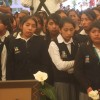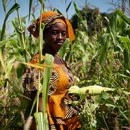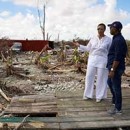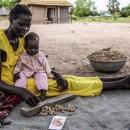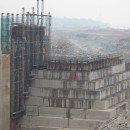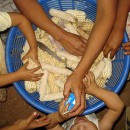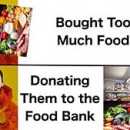Saturday, June 10, 2023
News and Views from the Global South
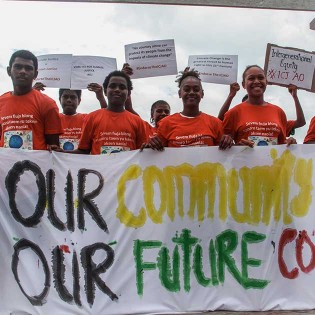
Climate Change Gets Its Day in Court
As a matter of global justice, the climate crisis has rightfully made its way to the world’s highest court. On 29 March 2023, the United Nations General Assembly (UNGA) unanimously adopted a resolution asking the International Court of Justice (ICJ) to issue an advisory opinion on the obligations of states on climate change. The initiative was led by the Pacific Island state of Vanuatu, one of several at risk of disappearing under rising sea levels. It was co-sponsored by 132 states and actively supported by networks of grassroots youth groups from the Pacific and around the world.
Chile: New Constitution in the Hands of the Far Right
On 7 May, Chileans went to the polls to choose a Constitutional Council that will produce a new constitution to replace the one bequeathed by the Pinochet dictatorship – and handed control to a far-right party that never wanted a constitution-making process in the first place.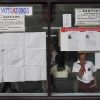
Cuba: Elections Without Choices
The uncertainty that’s the hallmark of a democratic election was absent on 26 March, the day Cubans were summoned to appoint members of the National Assembly of People’s Power, the country’s legislative body. A vote did take place that day – people went to the polls and put a ballot in a box. But was this really an election? Cubans weren’t able to choose their representatives – their only option was to ratify those selected to stand, or abstain.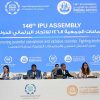
Bahrain’s Botched Whitewashing Attempt
The Inter-Parliamentary Union (IPU), an organisation whose motto is ‘For democracy. For everyone’, just held its global assembly in a country with a mock parliament and not the slightest semblance of democracy. For Bahrain’s authoritarian leaders, the hosting of the IPU assembly was yet another reputation-laundering opportunity: a week before, they’d hosted Formula One’s opening race.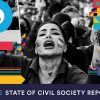
Civil Society a Vital Force for Change Against the Odds
Brave protests against women’s second-class status in Iran; the mass defence of economic rights in the face of a unilateral presidential decision in France; huge mobilisations to resist government plans to weaken the courts in Israel: all these have shown the willingness of people to take public action to stand up for human rights.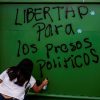
Nicaragua: An Opportunity for Democratic Solidarity
On 9 February, Nicaragua’s dictator, Daniel Ortega, unexpectedly ordered the release of 222 political prisoners, including several former presidential candidates, opposition party leaders, journalists, priests, diplomats, businesspeople and former government supporters branded as enemies for expressing mild public criticism.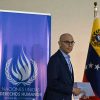
Venezuela: The End of Civil Society as We Know It?
In late January, the UN High Commissioner for Human Rights, Volker Türk, finished an official visit to Venezuela. He said he’d found a fragmented society in great need of bridging its divides and encouraged the government to take the lead in listening to civil society concerns and responding to victims of rights violations.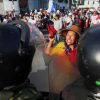
Peru’s Democracy at a Crossroads
On 25 January, roughly six weeks after being sworn in following her predecessor’s removal, Peruvian president Dina Boluarte finally recognised that elections were the only way out of political crisis. Elections were rescheduled for April 2024, much earlier than the end of the presidential term she’s been tasked with completing, but not soon enough for thousands who’ve taken to the streets demanding her immediate resignation.
India: Hijab Row the Latest Show of Hindu Nationalism
- In an election season, India’s ruling party has again resorted to the right-wing populist playbook, stirring up divisions for political gain. This time it is the turn of Muslim women, caught in the crossfire of a backlash against both the rights of religious minorities and women’s rights. The controversy over the wearing of the hijab in schools is just the latest chapter in the saga starring Prime Minister Narendra Modi and his Hindu nationalist party in their quest to consolidate power. Their attempts will continue, as will civil society resistance and struggles for rights.
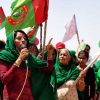
Commission on the Status of Women: The Streets Have Already Spoken
The 66th session of the Commission on the Status of Women (CSW) was just launched. Due to the ongoing impacts of the COVID-19 pandemic, the main annual global forum on gender equality is once again taking place in a hybrid format – both at the UN’s New York headquarters, where government delegations will be meeting, and online, where most civil society activity will take place.